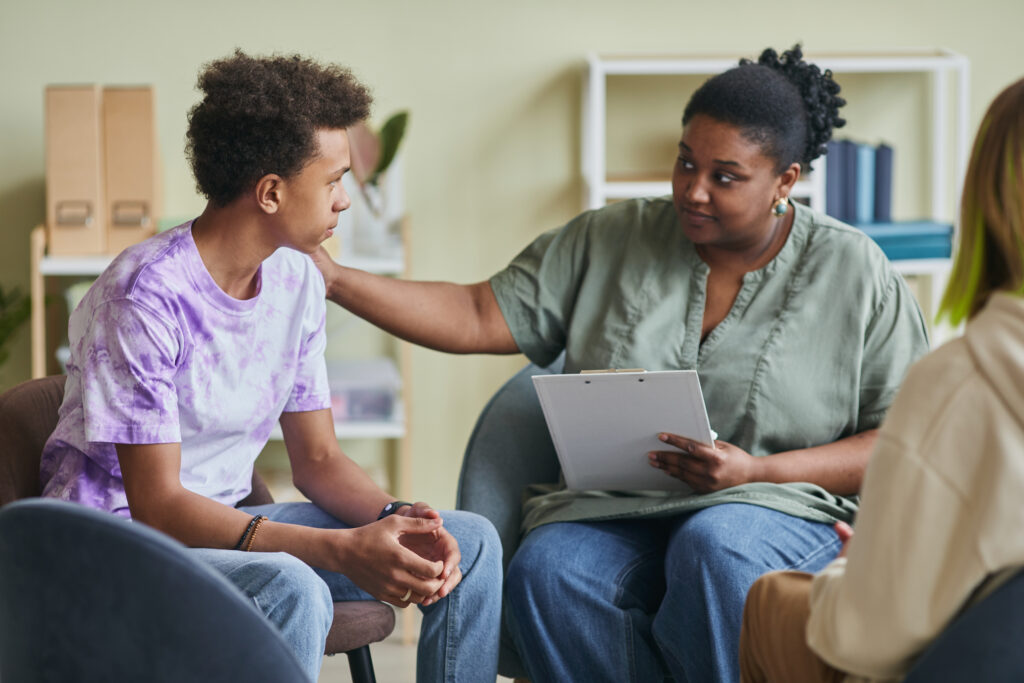
Introduction to IOP Group Therapy
Intensive Outpatient Program (IOP) group therapy is a crucial component of addiction recovery and mental health treatment. It provides structured support while allowing individuals to maintain their daily responsibilities. Group therapy in an IOP setting fosters peer connections, emotional healing, and coping skill development.
Understanding IOP Group Therapy
IOP group therapy involves multiple therapy sessions each week, where participants engage in guided discussions, activities, and skill-building exercises. Unlike residential treatment, IOP allows individuals to continue working, attending school, or fulfilling family obligations while receiving professional support.
How IOP Group Therapy Works
1. Structured Sessions
Each group therapy session is led by a licensed therapist who facilitates discussions and therapeutic exercises. Sessions may include cognitive-behavioral techniques, relapse prevention strategies, and stress management techniques.
2. Peer Support and Shared Experiences
One of the greatest benefits of IOP group therapy is the shared experience among participants. Being surrounded by others who understand the struggles of addiction and mental health challenges provides a sense of belonging and support.
3. Skill Development
Participants learn essential life skills, such as effective communication, stress management, and coping mechanisms to prevent relapse. These skills are critical for maintaining long-term recovery and emotional well-being.
4. Accountability and Motivation
Regular attendance and participation in group sessions help individuals stay accountable for their recovery. Seeing others progress in their journey serves as motivation to continue working toward personal goals.
The Role of Group Therapy in Addiction Recovery
Building a Support Network
Isolation is a common struggle for those battling addiction. IOP group therapy helps individuals build meaningful relationships with peers who provide encouragement and support during difficult times.
Enhancing Emotional Resilience
Therapeutic discussions allow individuals to explore their emotions, address underlying trauma, and develop healthier ways to process stress, anxiety, and triggers.
Providing a Safe Space for Expression
Many individuals in recovery struggle with guilt, shame, or fear of judgment. IOP group therapy creates a non-judgmental space where participants can openly share their thoughts and feelings without fear of stigma.
Types of Therapy Used in IOP Group Sessions
1. Cognitive-Behavioral Therapy (CBT)
CBT helps individuals recognize and change negative thought patterns that contribute to addiction and mental health issues.
2. Dialectical Behavior Therapy (DBT)
DBT focuses on emotional regulation, mindfulness, and distress tolerance, which are essential for long-term recovery.
3. Motivational Interviewing (MI)
This approach helps individuals find internal motivation to change harmful behaviors and commit to their recovery goals.
4. Relapse Prevention Therapy
Participants learn strategies to identify triggers, cope with cravings, and develop healthy alternatives to substance use.
Who Can Benefit from IOP Group Therapy?
IOP group therapy is ideal for individuals who:
-
Need a structured treatment program but cannot commit to inpatient rehab
-
Have completed detox or residential treatment and need continued support
-
Struggle with substance abuse, mental health disorders, or co-occurring conditions
-
Want to build a strong support network for long-term recovery
How to Get Started with IOP Group Therapy
If you or a loved one could benefit from IOP group therapy, the first step is to reach out to a reputable mental health or addiction treatment center. At SagePoint Behavioral Health, we offer compassionate, evidence-based treatment programs tailored to individual needs.
Conclusion
IOP group therapy is a powerful tool in addiction recovery and mental health treatment. By fostering peer support, developing coping skills, and enhancing emotional resilience, it empowers individuals to maintain long-term sobriety and mental well-being. If you're looking for a supportive and effective treatment option, consider enrolling in an IOP group therapy program today.
